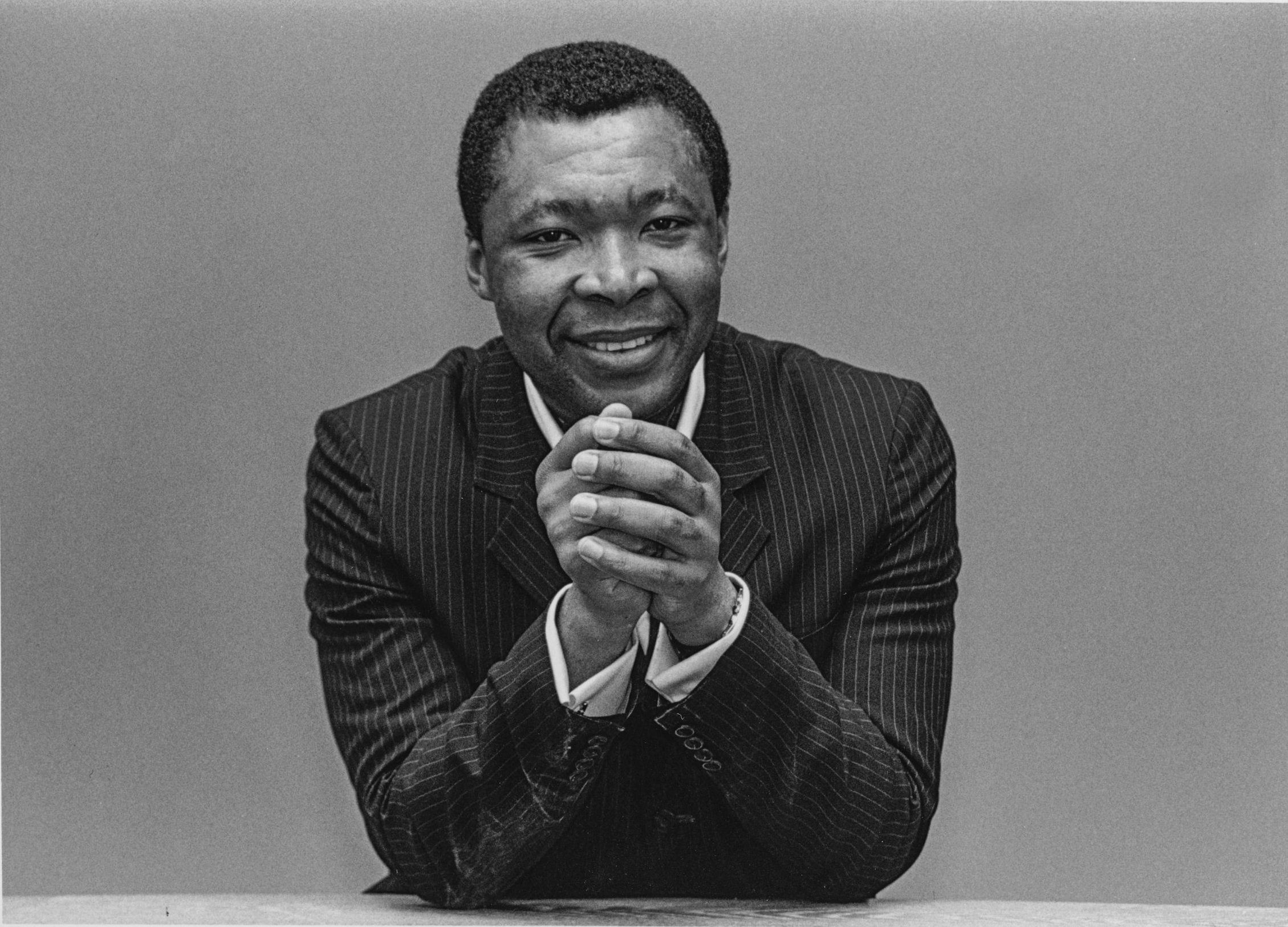Press critics Platform1
Rethinking the idea of democracy
Dirk Schwarze
Hessische/Niedersächsische Allgemeine, March 17, 2001
The Documenta team had invited the Academy of Fine Arts Vienna to a discussion entitled “Democracy as an Unfinished Process,” which revolved precisely around such questions of power politics, the exclusion of minorities, and social justice. The first platform, which will be continued on four more weekends through April 20th, proved to be far more heated than expected. Though many diverse positions were presented, almost all of the speakers identified democracy’s failure to address the diversity of cultural identities within individual countries as a fundamental flaw.
"Response to McGuggenheim”
Doris Krumpl in an interview with Chantal Mouffe
Der Standard, March 19, 2001
Mouffe: And that is precisely why the art scene needs these discussions about democracy! Art is currently monopolized—also by governments. So is this art that only acts out of its ethnic background. […] This leads to a dead end—and a proclaimed open mindedness ad absurdum. Art in a different, pluralistic form has an eminent role in the formation of hegemony: to shape, to question, to criticize the most diverse facets of reality.
Against the Word as a Weapon
Ralf Hertel
Berliner Zeitung, October 11, 2001
Thus, [Homi K.] Bhabha's lecture could ultimately also be understood as a response to recent developments from the perspective of postcolonialism. The current rhetoric of exclusion ("Whoever is not for us is against us") seems to be a continuation of the discriminatory language of colonial times, when the world was already divided into the civilized and the barbaric. In earlier writings such as “Nation and Narration,” Bhabha has called for a culture of hybridity, describing an ideal "third space" between cultures. In his lecture on Tuesday, this was reflected by an attempt to deconstruct the polarizing ways in which war is discussed.
"Capital wants sex"
Falter, 12/01, March 23, 2001
Hall: Liberal democracy primarily emphasizes its liberal element: the primacy of the market, the commodification of social life, the view that all social life can be subjected to the logic of market forces. If this becomes the hegemonic idea not only in the West, but also in Eastern Europe and the rest of the world, we will be in serious trouble, because it will spread in the guise of popular taste, along the lines of: people like it, let the masses decide. However, I think it is an ideological manoeuver to justify everything that is happening.
Stuart Hall interviewed by Matthias Dusini
Taking Marx Seriously Again
Michael Fleischhacker
Der Standard, April 19, 2001
In Europe, the U.S. model of a "liberal democracy" is not really applicable; in [Enrique] Dussel's view, it is not at all suitable for Latin America. His world view is one that comes from theGlobal South. It is also, Dussel says, "the view of 85 percent of humanity for whom no one speaks." The emphasis on the incompatibility of Latin America’s political reality with "Northern" notions of democracy and market economy is a consequence of Dussel's conception— inspired by Emmanuel Levinas—of "alterity," of the "otherness of the other."
All set on Platform 1
Patricia Grzonka
Die Weltwoche, March 29, 2001
Okwui Enwezor's search for a new Documenta model may seem credible, provided he includes non-European venues for the first time. The trip to Kassel, after all, is reserved for the clearly privileged among those interested in art. The organization of this first platform in Vienna, however, left little doubt that the new Documenta also follows rules of exclusion and inclusion. […] Art, said the famous cultural studies pioneer Stuart Hall, is "still basically accessible only to an elite," although the paths to it are more "democratically open" than ever before.
"We must educate ourselves politically,” Documenta director Enwezor
Martin Scholz
Hessische/Niedersächsische Allgemeine, October 9, 2001
The artistic director left no doubt that he holds Documenta visitors responsible: "We have to educate ourselves politically in order to understand the art of Documenta 11 and to perceive the field of tension between art and other areas of life." Enwezor emphatically rejected the idea that art and its intellectual superstructure are incompatible: "However, the visitor also bears responsibility. Individual pieces of information will not be comprehensible in isolation."
A new world art? Documenting Documenta 11
Stewart Martin
Radical Philosophy 122 (November/December 2003), p. 7-19, quotation: p. 10
Platform 1 sets out to examine issues surrounding the emergence of democracy as the hegemonic political form of contemporary globalization, particularly as it has been articulated by the neoliberal capitalism that has emerged since the end of the Cold War. More critically, the platform is intended as an examination of the ways in which democracy serves as an ideology of political Westernization that sustains the very undemocratic dominance of the economic interests of the leading capitalist nations, especially those of Europe and North America. It is the contradiction or tension between the ideology and the actuality of international democracy that explains the attention to democracy’s “unrealized” condition and the way in which the Platform responds to the general preoccupations of Documenta 11.
Humor as a literary weapon against violence
Ralf Hertel
Berliner Zeitung, October 18, 2001
However, at the lecture from the Nobel-prize winning Nigerian writer Wole Soyinka, which he held on Tuesday at the same location, everything was different. There was not a word about the attacks, not a word about the war in Afghanistan, even though the platform, with its motto of "Democracy as an unfinished process" explicitly asks about the relationship between art and politics. Perhaps the explicit mention of the attacks was also unnecessary because Soyinka has already been dealing with the language of violence in another context for decades.
